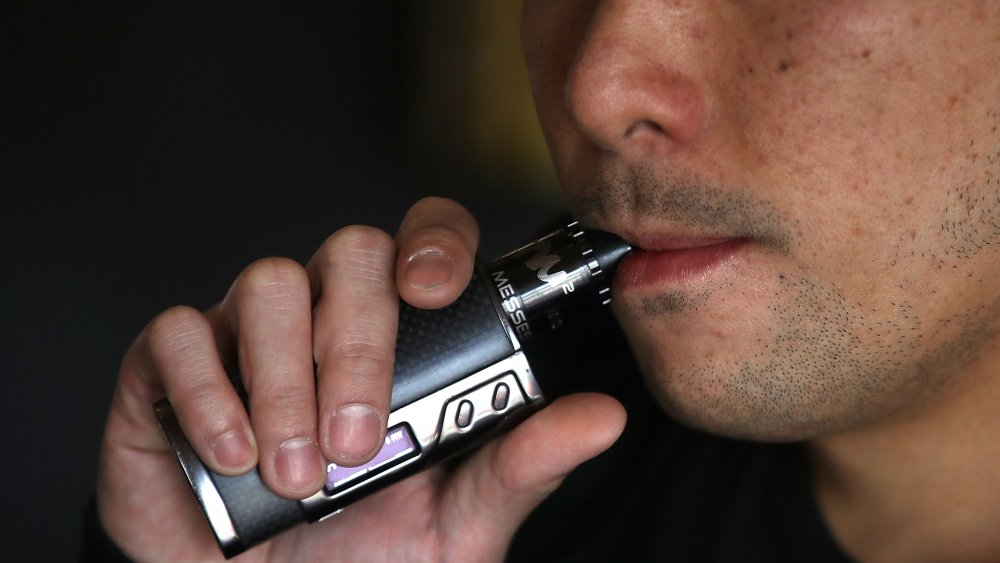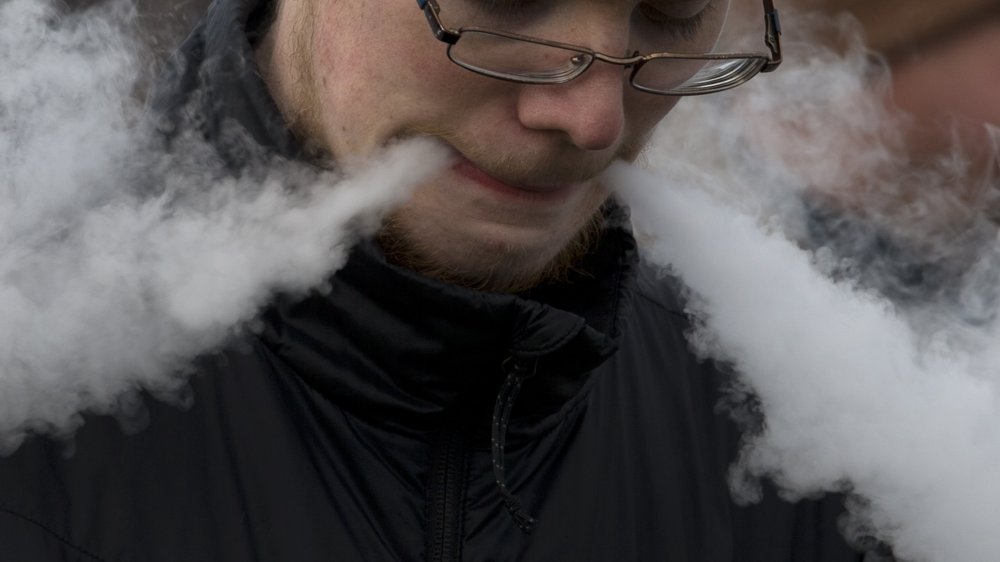How Dangerous Is Vaping?
According to Harvard Medical School, over a third of all teenagers in the United States now admit to having experimented with vaping. Vaping, or "chasing the rechargeable dragon" as literally nobody calls it, has become a growing concern for parents over the last few years, with dramatic television ads telling young people that the habit will ruin "literally every part of your life" and calling nicotine "brain poison."
With vaguely defined negativity floating through the cultural ether like an obnoxiously oversized bubblegum-flavored cloud, you might be curious: How dangerous is vaping, really?
Vaping is dangerously silly-looking, for sure
As of February 4, 2020, the CDC reports that there have been 64 documented vaping-related fatalities and around 2,800 hospitalizations in the United States. That's the bad news. Severe illness and death are, in any quantity, a tragedy and a genuine cause for concern.
The good news, for any glass-is-half-full types, is that the CDC also noted a sharp decline in hospitalizations and deaths since late 2019. The best information available now (with the mammoth-sized caveat that there isn't a ton of information on the health risks of vaping yet) tells us that the culprit in the vast majority of vaping injuries has been vitamin E acetate, an additive used in sketchy e-juices. It was especially prevalent in shady THC juices, the kind you tend to find at rest stops and convenience stores.
In a study published by the New England Journal of Medicine, 51 cases of electronic-cigarette product use–associated lung injuries, or EVALI, were evaluated and compared with healthy vapers. Participants had their bronchoalveolar-lavage fluids tested, and vitamin E acetate was discovered in 94 percent of patients suffering from injury and in none of the asymptomatic cases.
While it appears at this time that the additive may be the determining factor in many injuries, the CDC continues to urge caution, and recommends government-approved methods of smoking cessation over vaping products.

